The Psychoactive Substances Act will change the way you sell certain products, but do you know what is required of you under the new legislation? Retail Express has the key questions answered.
What is the Psychoactive Substances Act?
The act bans the sale of so-called ‘legal highs’, but is also clamping down on the misuse of everyday products that can have the same psychoactive effects.
When does it come into effect?
May 26, 2016.
What is a psychoactive substance?
Substances covered by the act are not intended for human consumption, but are present in many everyday objects.
This means that a number of products found on retailers’ shelves can be misused to mimic the effects of controlled drugs, such as cannabis and cocaine.
A product is covered by the new act if it is capable of having a psychoactive effect. The Home Office defines this as something that “affects a person’s mental functioning or emotional state by stimulating or depressing their nervous system”.
What products will it cover?
The Home Office has called on retailers to pay particular attention to sales involving cans of whipped cream, which contain psychoactive substance nitrous oxide.
Retailers also need to consider the act when selling products such as:
- Any kind of aerosol
- Marker pens
- Solvent-based glues
- Nail varnishes and nail varnish removers
- Anti-freeze
- Correction fluids and thinners
Foods, medicines, alcohol, tobacco and caffeine are exempt from the act.
How will retailers be affected?
The Intoxicating Substances (Supply) Act (ISSA), which formerly covered many of these products, is replaced by the new act.
Key changes include:
- The removal of age restrictions on products that were covered by ISSA
- The introduction of a ‘recklessness’ test, which retailers must comply with
This means that retailers must be vigilant in selling psychoactive substances to people of all ages – not just children.
The act puts an onus on retailers to refuse the sale of these products to anyone they believe will misuse them for their psychoactive effects.
What should retailers do to comply with the law?
The Home Office advises retailers to take the following steps:
- Continue to focus on ISSA products that are known to have been misused, such as solvents and nitrous oxide
- At PoS, comply with the ‘recklessness’ test. This involves taking the following into consideration:
- What is known about the product?
- Are the quantities being bought suspicious?
- Is the shopper making any other purchases?
- The timing of the purchase – is it the middle of the night?
- Is the customer behaving abnormally? Do they appear to already be intoxicated?
- Is there a possibility the shopper is purchasing the product(s) for another person?
- Remember that proxy sales are still covered by the act.
- Consult the Home Office’s official guidance for retailers, which can be found here.
What will happen to retailers who do not comply with the act?
The law still remains to be tested, but the maximum penalty is seven years imprisonment with an unlimited fine.

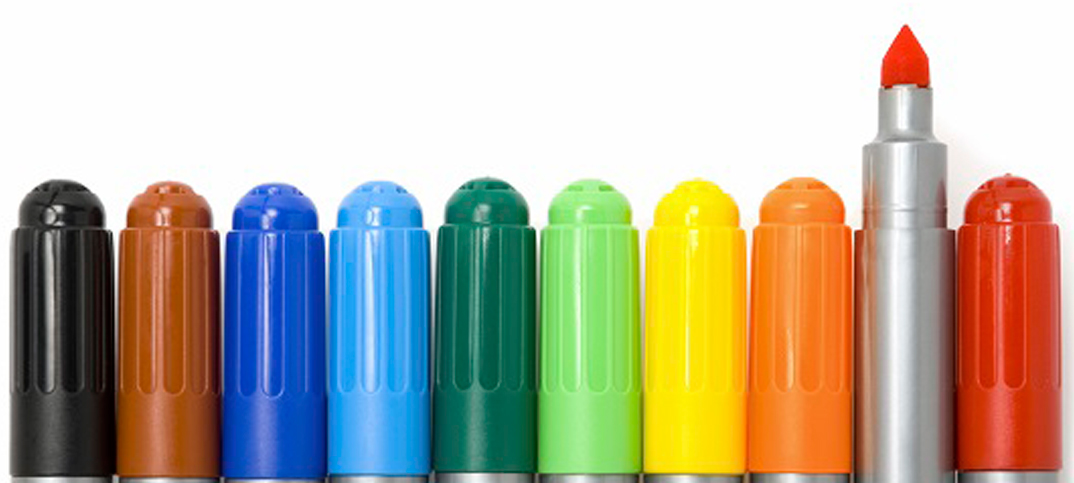
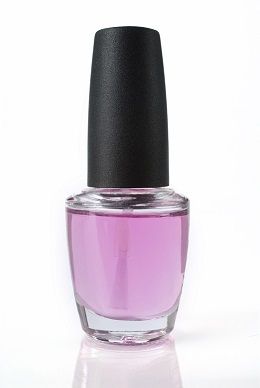
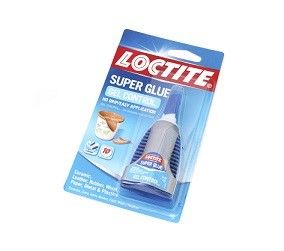
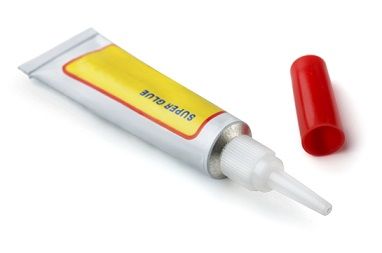
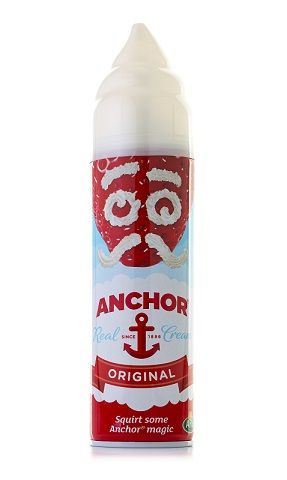
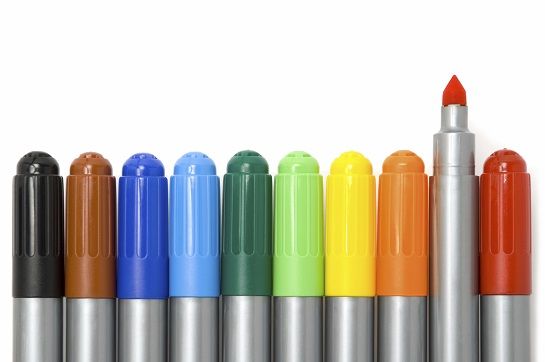


Comments
This article doesn't have any comments yet, be the first!